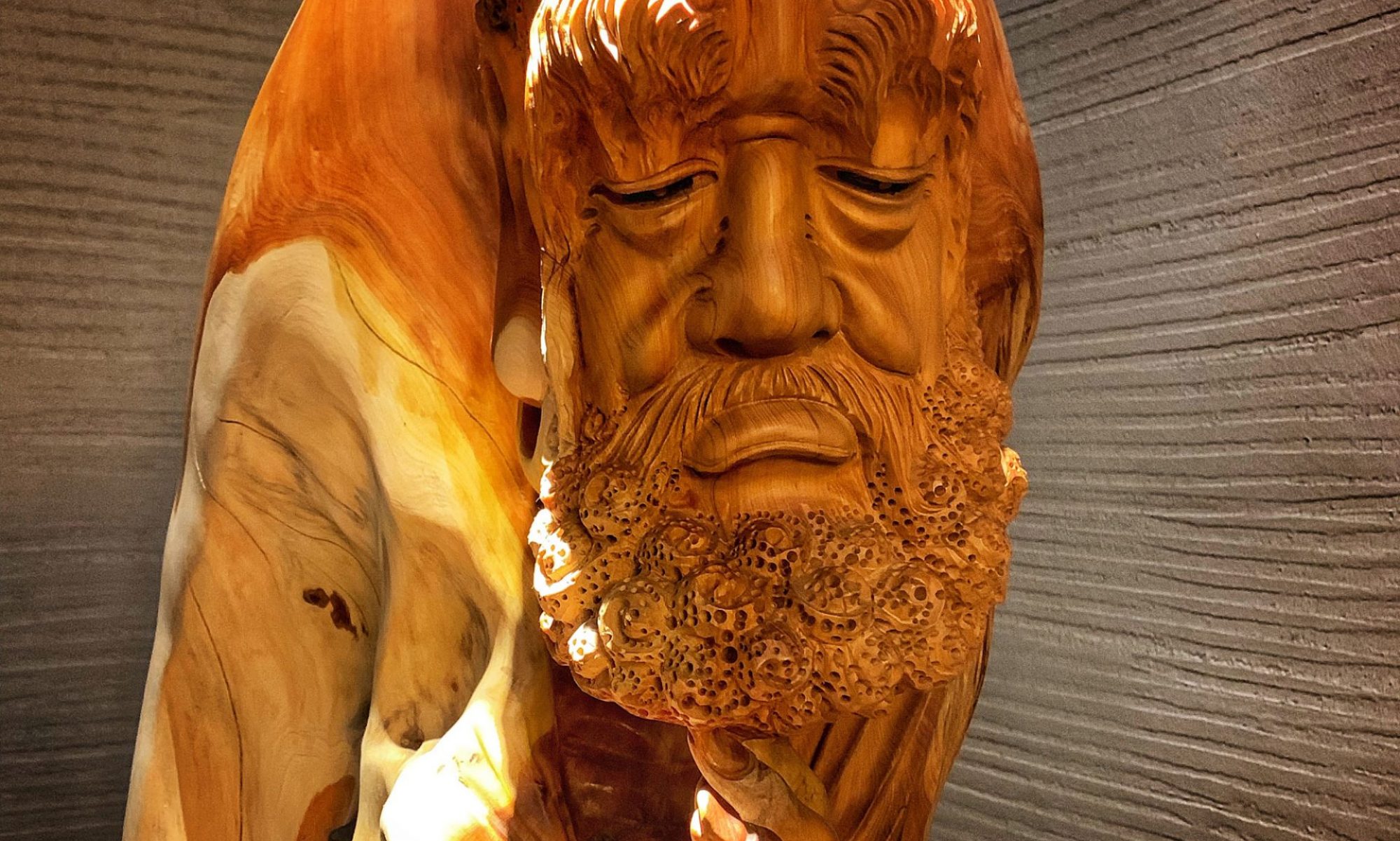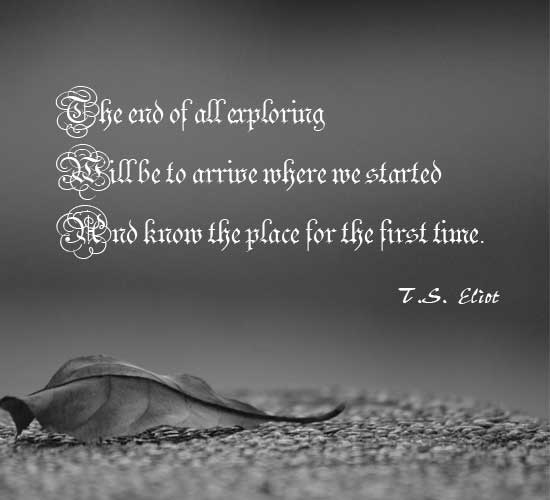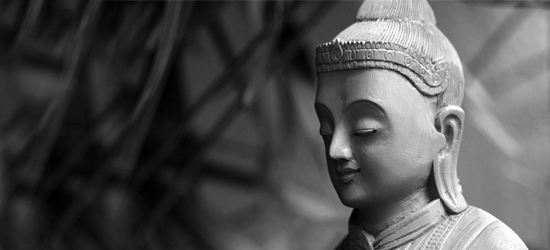
I came across my friend’s entry Follow or Not to Follow this afternoon and that draws me to share this entry on the all time favorite topic – anger. On this note, I am reminded by a paragraph which I just read this morning from the book What Makes You not a Buddhist, given to me by a dear friend –
“All emotions are pain. …If you cannot accept that all emotions are pain, if you believe that actually some emotions are purely pleasurable, then you are not a Buddhist.”
Indeed a tall order! I like the writing by this author, Dzongsar Jamyang Khyentse, who coincidentally is also the script writer and director of the films The Cup and Travellers and Magicians. And that brings me back to the question on the subject of anger – if pain is what we are experiencing all the time – since we are not deprived from any emotion at any one moment, be it pleasant, unpleasant or neutral – then is it true to say that underneath our conscious state is the running river of anger, all the time? Probably anger is too strong a word to imply. What about aversion, upset, irritation or annoyance? But what the heck, aren’t they all relatives of this thingy called anger? I am relating pain to anger as whenever the word “pain” arises as an experience, it is always followed up by some form of resistance, which has aversion on it.
I just had my fair share of anger this afternoon when I could not come to an agreement with Lai Fun on what we needed to plan for our trip back to Penang. The storyline is irrelevant here though anyone who read this will surely be expecting or interested in the plot and drama that took place – the I am right and you are wrong ancient stories – but frankly, isn’t that what makes our life more juicy and “meaningful” since we are in pain all the time J?
But what interested me in the enfoldment of this drama is this anger per se. It is not simply just an object that pops out from the mind where I can put a finger on and say hey! here comes anger again. It is a complex mixture of victimized rescuer and persecutor mentality that plays out in the mind. In truth at that moment, anger was really not my given attention relatively to the conspired damned storylines of what I needed to attack and defend when it comes to the other party. The storylines were more real and true than the emotion of anger itself. But the irony was that the more stories which were being brought up in the mind, the more the anger were generated, as thoughts and feeling work hand in hand.
There was a wise story told about this person who ate a bunch of hot chilies, which made him perspire and caused burning in his mouth and throat; yet it was not in his thought to stop eating these chilies as he was blindly expecting to find one that was sweet to quench his suffering. Isn’t that who I am when I am angry?
My storyline is my chilly – so long as I do not see this truth, I will be guaranteed of suffering. Delusion is the cause – what I am expecting in my doing, which in this case, my thoughts, will eventually lead me to the end of the anger. Never. My righteous view is my gift and in that gift lays the venomous snake waiting to be unleashed upon myself.
And so I was fortunate this round – in applying one of my wise teacher’s advise – there is no reality to the thoughts or even the feelings – all are merely a misperception, merely impermanent nature in process. And of course, I couldn’t apply this without wisdom as my base, as I would be merely trying to fix up the pain I was already in, making the anger more resilient. Amazingly when wisdom comes up, the force of anger dances itself out and what is needed from me is just patience and attention – not on the thought or the feeling but of the understanding that impermanent nature is taking its course. Wonderful! We live happily ever after…. at least for this momentJ.
So, is our mind, a minefield of dosa (Pali) – anger, aversion, irritation, jealousy, judgments, restlessness and many more unimaginable relatives of dosa? That will be your journey of realization!


